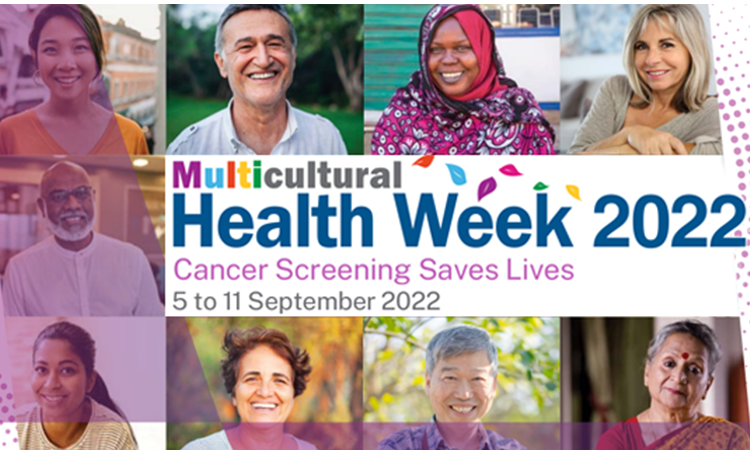Consisting of 11 members representing 8 cultural groups, many of whom have been affected by cancer, the Advisory Group was established as part of the Multicultural Access Project, an initiative of Nepean Blue Mountains Local Health District’s Multicultural Health Service and the Nepean Cancer and Wellness Centre. The project aims to improve the cancer journey experience for CALD and Aboriginal and Torres Strait Islander patients and their families.
Group members provide valuable perspectives, offering their input and feedback on ways to support the patient experience.
The advisory group also comment on education and patient information resources, suggest service enhancements, and identify barriers and challenges for CALD patients.
As well as cultural and language barriers, Mashreka says many CALD cancer patients are reluctant to speak out if they require more support and information during their cancer treatment.
She says the advisory group has given members of local multicultural communities an opportunity to express themselves and make a difference for others.
“We are always taken seriously. Our feedback and input are listened to and it is great to be involved in this project,” Mashreka says.
“Through my work with the group, I know I’m changing something and that feels good.”
The theme of Multicultural Health Week 2022, 5 to 11 September, is Cancer Screening Saves Lives and Mashreka knows better than most just how true that is.
“I know that life gets busy, but you must prioritise your health. You cannot ignore cancer screening as you could be compromising your health.”
“This Multicultural Health Week, I would like to send a message that early detection of cancer is the number one prevention. Everyone should participate in their cancer screenings on time and encourage others to do the same, because early screening can save lives, reduce the complexity and time of treatment and reduce the overall impact on your quality of life.”
“Early screening is so important. I encourage everyone to talk with their GP about screening, as I now see just how important early detection is,” says Mashreka.

